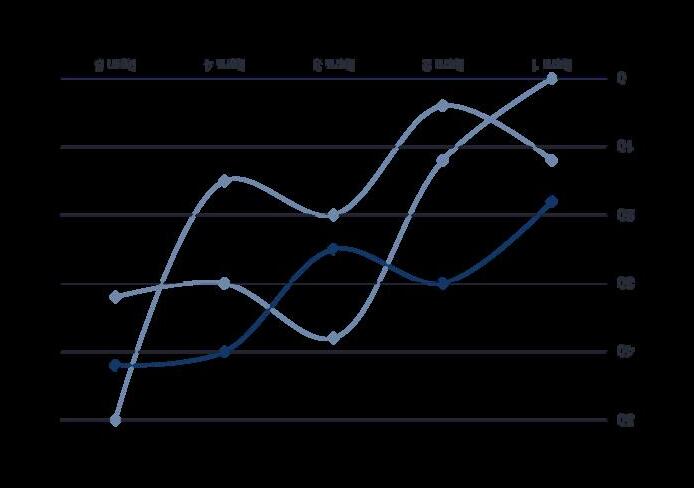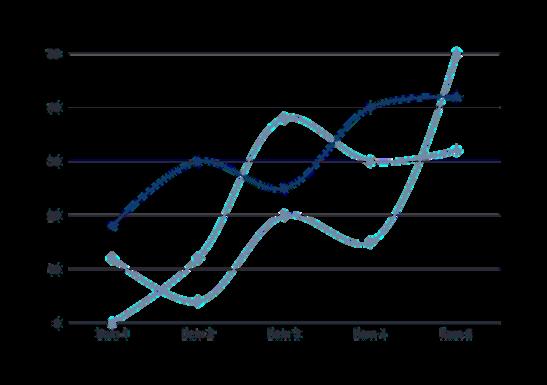











The global molecular targeted therapy market size was valued at USD 146 million in 2024. The market is projected to grow from USD 162 million in 2025 to USD 298 million by 2031, exhibiting a CAGR of 11.0% during the forecast period.

Molecular targeted therapy represents a breakthrough approach in oncology, focusing on specific molecules involved in cancer growth and progression. This precision medicine strategy includes therapies such as monoclonal antibodies and small molecule inhibitors, which selectively target tumor cells while minimizing damage to healthy tissues. Key targets include growth factor receptors, angiogenesis pathways, and signal transduction molecules.




USD 298 million by 2031 USD 146 million in 2024
of 11.0%



Monoclonal Antibodies Segment Dominates the Market Due to its High Specificity in Targeting Tumor Antigens
The market is segmented based on type into:
Monoclonal Antibodies
Small Molecule Inhibitors
Monoclonal antibodies hold a leading position owing to their ability to precisely bind to specific proteins on cancer cells, facilitating immune-mediated destruction. This segment benefits from ongoing advancements in antibody-drug conjugates and bispecific antibodies, which enhance efficacy in treating various solid and hematological malignancies. Small molecule inhibitors, on the other hand, target intracellular signaling pathways, offering oral administration advantages and rapid market penetration in kinase inhibitor therapies.




Lung Cancer Segment Leads Due to High Prevalence and Advancements in EGFR and ALK Targeted Therapies
The market is segmented based on application into:
Lung Cancer
Breast Cancer
Colorectal Cancer
Leukemia
Others

Portable Neuromonitoring Device Market
The lung cancer application dominates as it accounts for a significant portion of global cancer cases, with targeted therapies like tyrosine kinase inhibitors revolutionizing non-small cell lung cancer treatment. Breast cancer follows closely, driven by HER2-targeted agents that have improved survival rates. Colorectal and leukemia segments are growing due to therapies targeting BRAF mutations and BCR-ABL fusions, respectively, while the others category encompasses emerging uses in prostate, ovarian, and other cancers.


Phoenix Molecular Designs
Prelude Therapeutics
Tempus
Bracco
iOmx Therapeutics
OncoDNA
Sapience Therapeutics




https://www.24lifesciences.com/downloadsample/2918/molecular-targeted-therapymarket-market


https://www.24lifesciences.com



